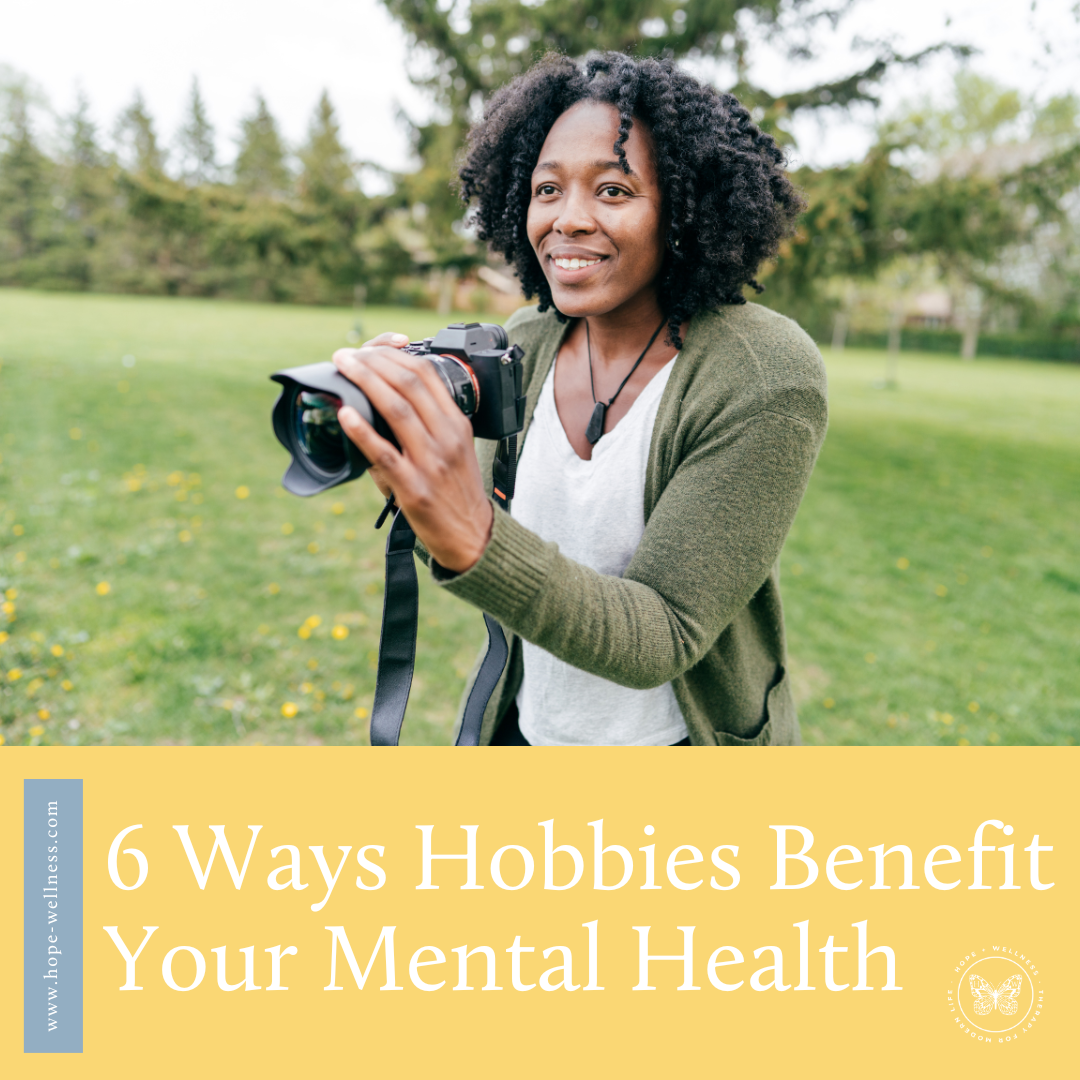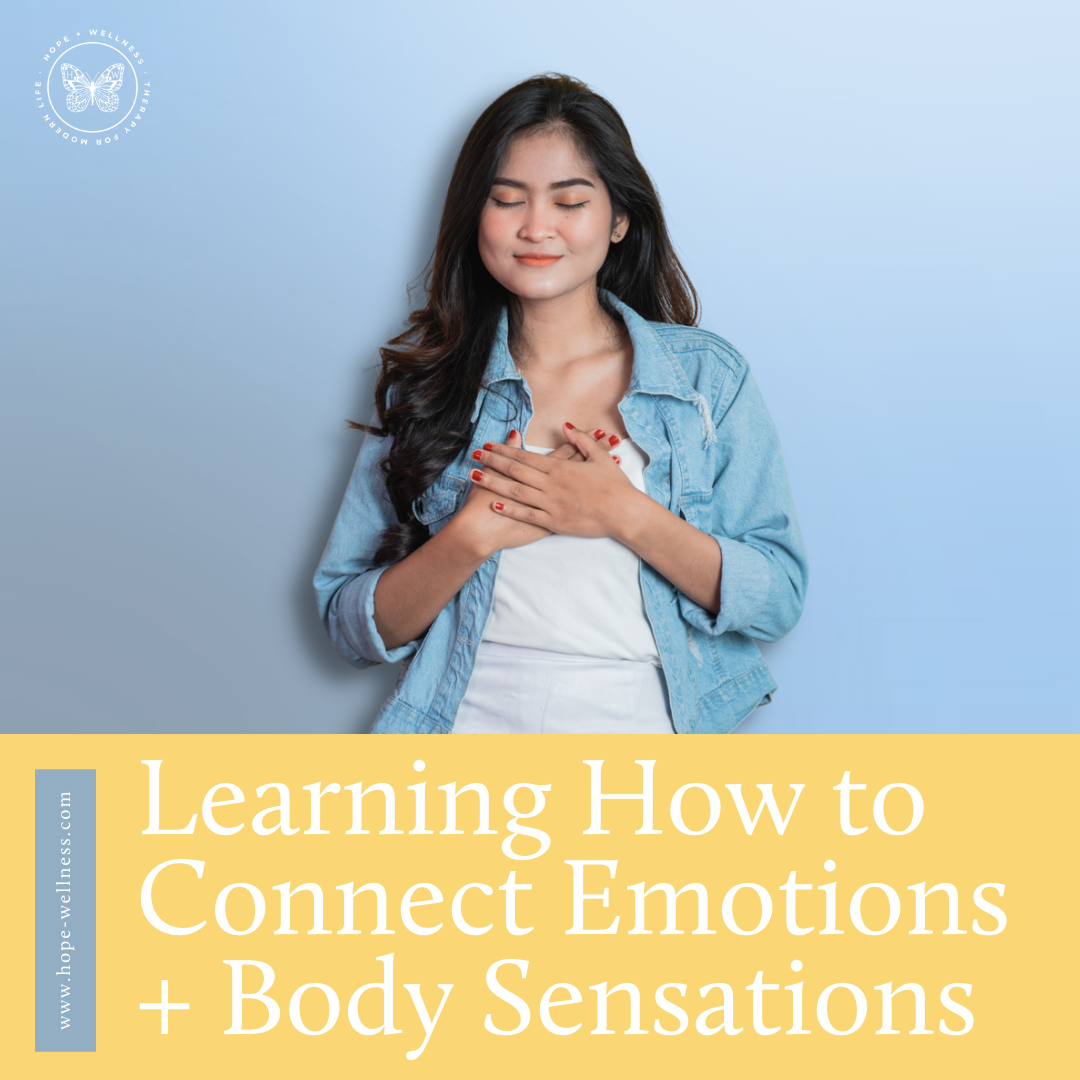Dealing With Negative Emotions: 7 Blogs to read When You’re Feeling Something Uncomfortable
Do you know what to do when you feel a negative or uncomfortable emotion?
Life would be a lot easier if we were born knowing how to deal with uncomfortable, distressing, or unpleasant emotions, but coping with negative emotions is something we need to learn along the way.
Dealing with negative emotions is one of the most common topics that we discuss in therapy. Negative emotions feel just like they sound - negative, and as humans we often struggle to balance negative feelings with positive ones. We will often do whatever we can to avoid feeling uncomfortable emotions, but sometimes the things we do to avoid or end those painful feelings lead to more problems.
Avoiding feelings never actually makes them go away, it just pushes them off until a later time (and you often don’t get to choose when they come out). Trying to distract yourself from painful emotions with things like substances or risky behaviors might feel better in the moment, but there’s nothing that you can do to avoid negative emotions forever.
Finding ways to cope with negative emotions can help you reduce your distress level, improve your relationships, and help you feel more confident in dealing with whatever comes your way, because you know you can handle it.
Dealing with distressing emotions in a healthy way takes practice. Learn where to start with these 7 posts about dealing with negative emotions:
Shame is often a difficult emotion to cope with.
“Unlike guilt, which is based on something you did or didn’t do, shame comes from the belief that there is something wrong with you. We aren’t born feeling shame, but we learn it based on our surroundings. Shame can be learned from experiences with others and from the culture we grow up in. Some psychologists believe that we developed shame as an emotion because we’re social animals. Without shame, some people might not follow laws or cultural norms. While sometimes shame is helpful, it can often spiral out of control.”
Here are 3 ways to start working through shame.
Do you know what to do when you feel angry?
“Anger is a normal emotion. We all feel it from time to time. Like all emotions, it comes and it goes, and doesn’t last forever when we allow ourselves to feel it (versus repressing it). When any emotion comes up, we can notice it and find ways to cope with that emotion. Part of the experience of an emotion is sitting through it - there’s really no way around experiencing the emotion if you want to move forward from it. Think of other emotions you feel. When you’re sad, you might cry, or cuddle a pet, or take a nap. Those are all safe ways to cope with sadness. There are options for you to express anger in safe ways too.”
Explore safe ways to express your anger here.
Do you struggle to cope with feeling lonely?
“Remember, you don’t have to actually be socially isolated to feel lonely. You can be surrounded by people and feel lonely. Often, loneliness isn’t actually about not having people in your life, but not having strong connections to the people in your life. We all like to feel seen and like we matter to other people. When you don’t have a lot of people who you can connect with in a real way, it can feel like no one understands you. Loneliness has a serious impact on our lives, but there are things you can do to cope with loneliness and to minimize its effects.”
Read about what you can do when you're feeling lonely.
Sometimes we go through periods where life feels meaningless.
“When life feels meaningless, it can be scary. You might feel like there is something wrong with you for feeling like you aren’t sure what it all means. You might wish you could go back to how things were before you started questioning everything.
It’s normal to have questions about what your purpose is to wonder about greater meaning. We all go through times where we question if we’re on the right path or where we come to a realization or go through an experience that changes our worldview.”
Here’s what you can do when life feels meaningless.
Is being disliked something you worry about?
“One thing we don’t talk a lot about as a culture is being okay with being disliked. It often feels painful or shocking to realize that someone doesn’t like you, mostly because the default expectation is that people will like us. When you know that someone doesn’t like you, it can be confusing to deal with them in a way that doesn’t leave you frustrated or questioning your self worth.”
Here are 4 suggestions for ways to deal with being disliked by others.
You might feel uncomfortable when you make a mistake, but it doesn’t make you a bad person.
“Everyone has done something that they’re not proud of or that they’d do differently if they had a chance. If you feel an intense wave of self loathing when you make mistakes, you might be dealing with some perfectionistic tendencies. While being perfect sounds fine on the surface, in reality it’s impossible, so expecting perfection is just setting yourself up for failure. Instead of setting yourself up to fail, remember that you’re human. You’re going to get it wrong sometimes. Even when that happens, you’re going to be okay. Mistakes don’t need to define you, especially when you use them as a learning opportunity.”
Consider these options next time you make a mistake.
Do you spend a lot of time thinking about things you regret?
“Regret, when dealt with mindfully, is a sign of growth. If you’re looking back on an old situation and seeing new, better ways to handle your role in it, that means you’ve done some personal growth between then and now. You’ve matured, gotten to know yourself a little better, and now you can see that you had other options you didn’t see when you were in the moment.”











Thanksgiving is nearly here, and with that can come a lot of complicated emotions. If you’re feeling anxious about the upcoming holiday season, kicked off by Thanksgiving this week, you’re not alone. To help, we’ve gone through our blog to date and gathered up posts we think will help you get through this season.